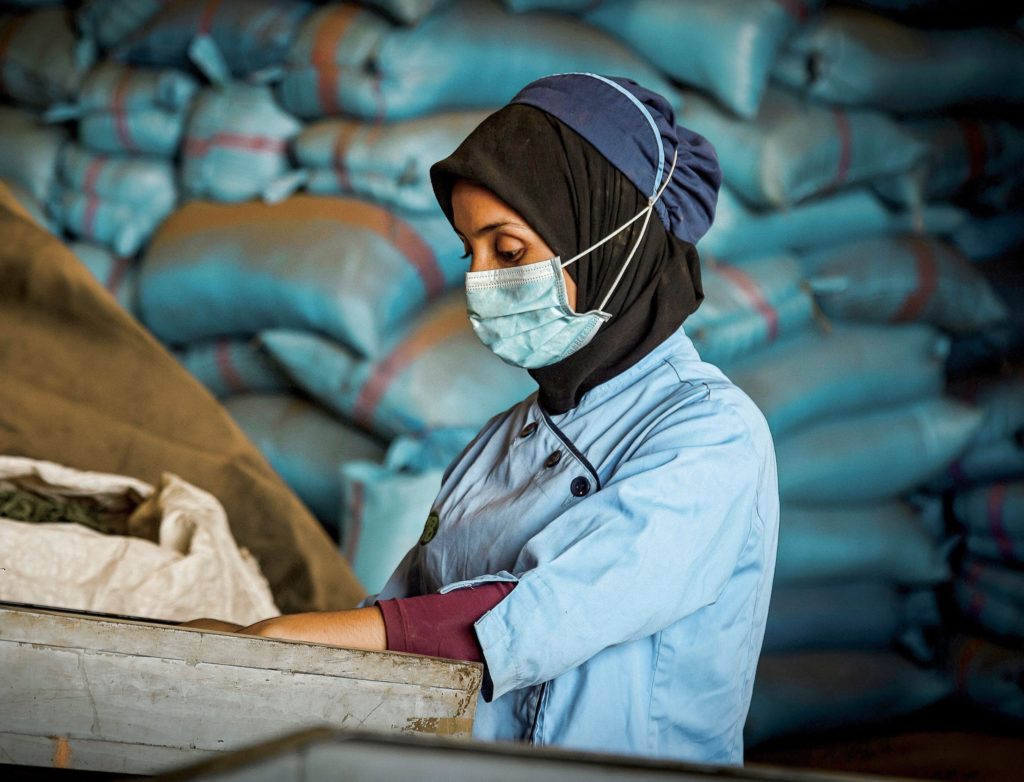São Paulo – The global landscape is slowing the economic growth in African countries as they contend with rising inflation, high food prices and compromised poverty reduction efforts, according to the World Bank’s latest Africa’s Pulse, an analysis of the regional outlook, issued on Tuesday (4). According to the financial institution, the African governments urgently need to restore macro-economic stability and protect the poor.
According to the analysis, the war in Ukraine is exacerbating already high inflation and weighing on economic activity by depressing both business investments and household consumption. The bank says the deceleration is a result of a slowdown in global growth, including flagging demand from China for commodities produced in Africa.
Andrew Dabalen, World Bank Chief Economist for Africa, said these trends compromise poverty reduction efforts that were already set back by the impact of the COVID-19 pandemic. According to him, what is most worrisome is the impact of high food prices on the continent, one of the world’s most food-insecure regions. More than one in five people in Africa suffer from hunger and an estimated 140 million people faced acute food insecurity in 2022, up from 120 million people in 2021.
The World Bank reported that in many countries public savings have been depleted by earlier programs to counter the economic fallout of the pandemic, though resource-rich countries in some cases have benefited from high commodity prices. According to Africa’s Pulse, the economic growth in Sub-Saharan Africa set to decelerate from 4.1% in 2021 to 3.3% in 2022is particularly worrisome.
Translated by Guilherme Miranda




